Understanding Where to Go to Get Checked for Oral Cancer
Oral cancer remains a serious health concern in the United States, affecting thousands every year. Early detection is critical to improving outcomes, but many people ask, where do I go to get checked for oral cancer? The answer depends on several factors including your location, risk factors, and symptoms. Access to qualified oral cancer screening services can range from your regular dentist to specialized medical centers. Understanding your options helps ensure timely and effective care.
Regular dental visits often include basic oral cancer screenings as part of routine exams, making your dentist a primary gateway for initial evaluation. However, if symptoms or risk factors warrant deeper investigation, referral to specialists such as oral surgeons or oncologists might be necessary. This article explores common places to get checked for oral cancer, the screening process, and the types of professionals who can assist you.
1. Dentists and Dental Clinics as Frontline Oral Cancer Screeners
For many Americans, dentists are the first point of contact for oral cancer checks. During regular dental exams, dentists perform visual and tactile screenings of your mouth, tongue, throat, and surrounding tissues to identify suspicious lesions or abnormalities. These exams are quick, painless, and critical for early detection.
Dental clinics across the US, whether private practices or community dental centers, provide these screenings routinely. Some clinics utilize adjunctive technologies like VELscope or toluidine blue dye to enhance detection of abnormal tissues.
Patients with risk factors such as tobacco use, heavy alcohol consumption, or a history of HPV infection are often advised to have more frequent oral cancer screenings by their dentist. The familiarity and accessibility of dental offices make them an ideal starting point to get checked for oral cancer.
2. Primary Care Physicians and ENT Specialists for Comprehensive Evaluation
If your dentist identifies suspicious findings or if you experience symptoms like persistent sores, difficulty swallowing, or unexplained lumps, your primary care physician (PCP) or an ear, nose, and throat (ENT) specialist can provide further evaluation. PCPs often conduct general health screenings including oral examinations, and they can coordinate referrals to specialists.
ENT doctors specialize in the head and neck region and can perform more detailed assessments, including biopsies if needed. In some cases, advanced imaging such as MRI or CT scans may be ordered to evaluate the extent of potential tumors.
Visiting a PCP or ENT is especially important if you notice symptoms but do not have a regular dentist or if you require comprehensive cancer staging and treatment planning.
3. Cancer Centers and Oral Oncology Clinics for Specialized Care
For definitive diagnosis and treatment, specialized cancer centers and oral oncology clinics are key destinations. These centers employ multidisciplinary teams including oncologists, surgeons, radiologists, and pathologists dedicated to head and neck cancers.
At these facilities, patients undergo biopsy procedures, advanced imaging, and tailored treatment plans such as surgery, radiation therapy, or chemotherapy. Cancer centers affiliated with universities or major hospitals often offer clinical trials and the latest therapeutic options.
Referral to a specialized center usually follows abnormal findings in initial screenings or when a diagnosis is confirmed. Accessing these centers ensures the highest level of expert care for oral cancer patients.
4. Community Health Centers and Screening Events as Accessible Options
Many community health centers across the US provide oral cancer screenings at low or no cost, particularly targeting underserved populations. These centers are valuable resources for those without regular dental care or insurance coverage.
Additionally, awareness campaigns and health organizations often hold free oral cancer screening events. These screenings, led by trained professionals, can be lifesaving by identifying early signs in at-risk populations. Checking local public health announcements or dental associations’ websites can help you find such events nearby.
5. Understanding the Screening Process and What to Expect
Oral cancer screenings typically involve a visual inspection and palpation of your mouth, lips, tongue, cheeks, and throat. Clinicians look for white or red patches, lumps, or sores that do not heal. Some screenings include the use of special lights or dyes to highlight abnormal tissue.
If suspicious areas are found, a biopsy—removal of a small tissue sample—is performed for laboratory analysis. Results can take several days to weeks, and further testing may follow depending on findings.
Early detection dramatically improves treatment success rates, making regular screenings vital, especially for individuals with risk factors such as smoking, heavy alcohol use, or HPV exposure.
6. Real-Life Example: How Early Screening Saved a Life
Consider the story of John, a 52-year-old man from Ohio, who noticed a persistent sore on his tongue but delayed seeking care. During a routine dental checkup, his dentist identified the lesion and recommended an immediate biopsy. The early-stage oral cancer diagnosis allowed for successful surgical removal without the need for extensive radiation therapy.
John’s experience highlights the importance of regular dental visits and prompt attention to oral changes. It underscores the critical question, where do I go to get checked for oral cancer?—starting with your trusted dental professional.
Taking Action: Where to Find Trusted Oral Cancer Screening Services
Knowing where to go to get checked for oral cancer empowers you to protect your health proactively. Start by scheduling an appointment with your dentist for an oral cancer screening as part of your next dental exam. If you don’t have a regular dentist, search for community dental clinics or contact your primary care physician for a referral.
For more specialized evaluation or if you receive an abnormal screening result, seek care at an ENT specialist or an oral oncology center. These facilities provide comprehensive diagnosis and treatment tailored to your needs.
Regular screenings and awareness of symptoms save lives. For assistance in finding reliable providers and clinics, visit Dentistry Toothtruth for expert recommendations and trusted service referrals tailored to your location and health needs.

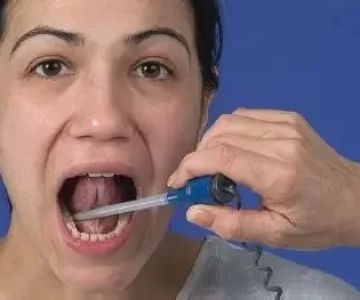
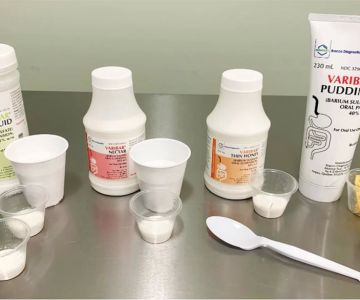
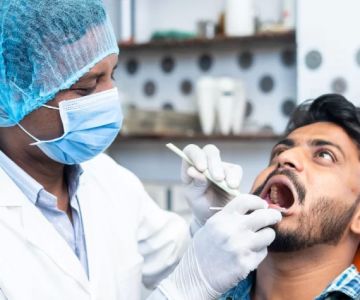

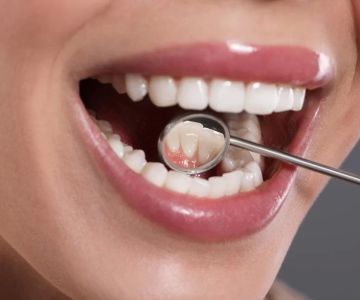
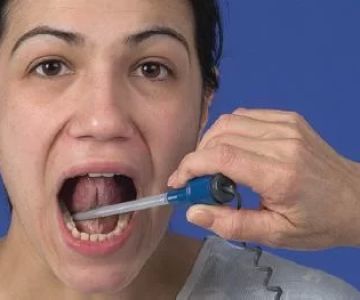
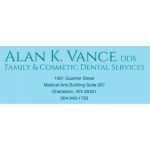 Alan K Vance DDS5.0 (2 review)
Alan K Vance DDS5.0 (2 review) Puntillo and Crane Orthodontics4.0 (339 review)
Puntillo and Crane Orthodontics4.0 (339 review)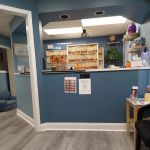 Family Holland Dental4.0 (236 review)
Family Holland Dental4.0 (236 review)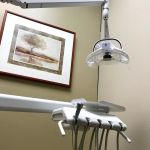 West Coast Dental of Gage3.0 (1043 review)
West Coast Dental of Gage3.0 (1043 review) Alameda Crossing Dental Group and Orthodontics4.0 (188 review)
Alameda Crossing Dental Group and Orthodontics4.0 (188 review)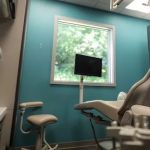 Mid-State Orthodontics5.0 (15 review)
Mid-State Orthodontics5.0 (15 review) The Importance of Oral Health Education During Pregnancy for a Healthy Pregnancy
The Importance of Oral Health Education During Pregnancy for a Healthy Pregnancy Best Tips for Brushing Your Teeth Properly for Healthy Gums: Essential Techniques for Oral Health
Best Tips for Brushing Your Teeth Properly for Healthy Gums: Essential Techniques for Oral Health Why Skipping Dental Checkups Can Lead to Bigger Oral Health Problems
Why Skipping Dental Checkups Can Lead to Bigger Oral Health Problems Advantages of Porcelain Dental Restorations
Advantages of Porcelain Dental Restorations How Can Diabetes Cause Tooth and Gum Problems? Preventing and Managing Oral Health Issues
How Can Diabetes Cause Tooth and Gum Problems? Preventing and Managing Oral Health Issues Healthy Habits for Promoting Good Oral Health and Hygiene: Tips for a Healthy Smile
Healthy Habits for Promoting Good Oral Health and Hygiene: Tips for a Healthy Smile